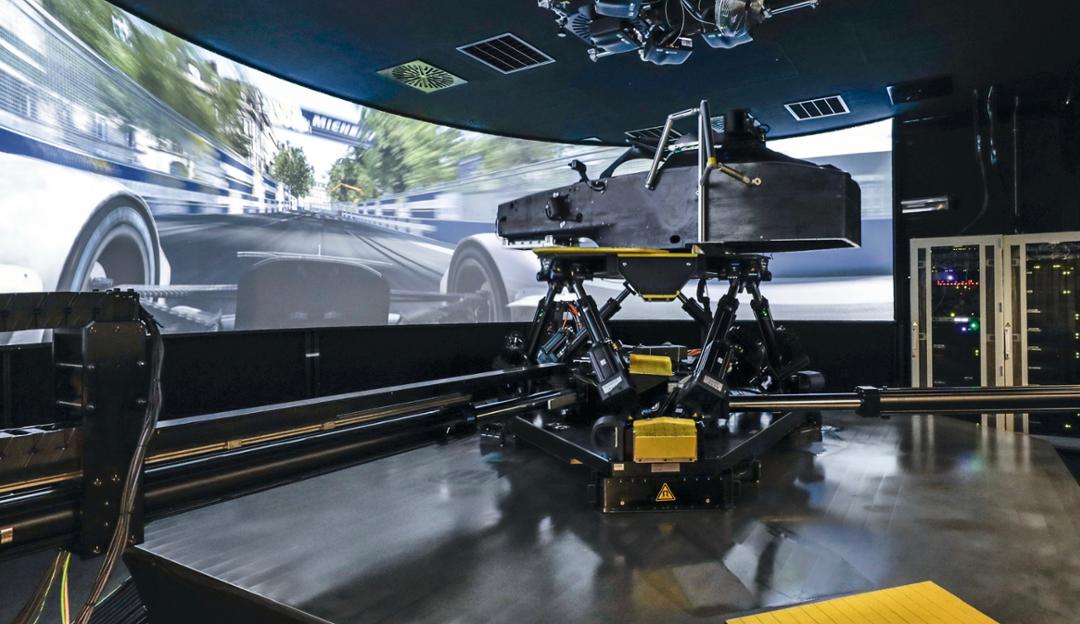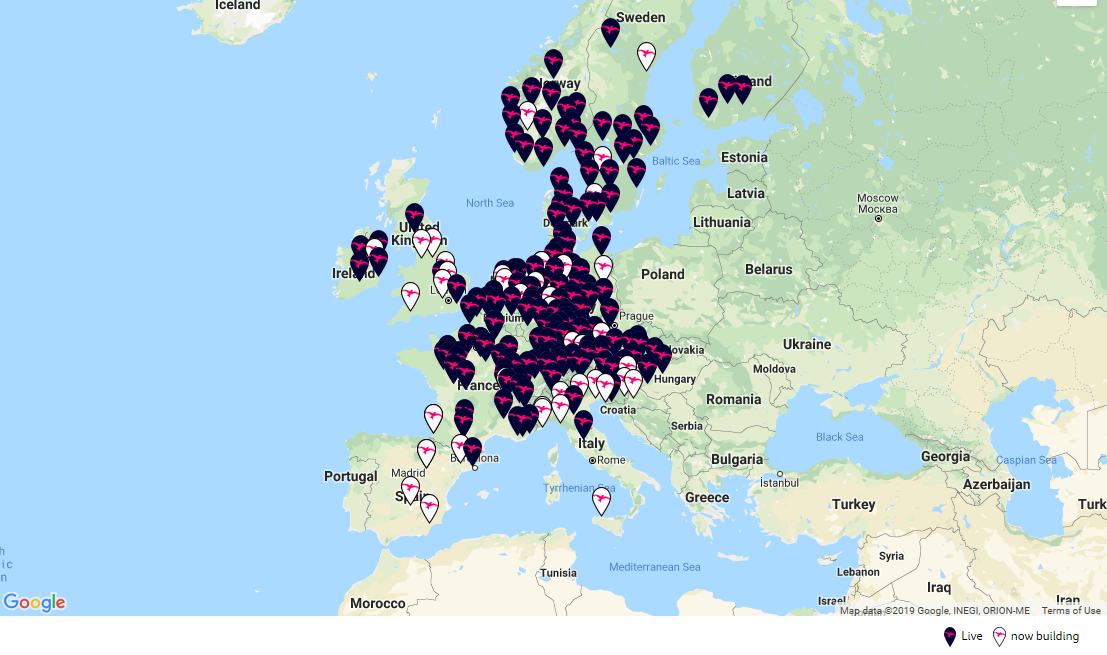(Bloomberg) — Tesla Inc. has reached a preliminary agreement to start using CATL as a battery supplier for cars made in China from as early as next year, and the companies are in talks to expand the relationship globally, according to people familiar with the matter. Following months of negotiations, the companies clinched a non-binding… Continue reading Tesla Reaches Preliminary Battery-Supply Deal With CATL
Tag: VW
Diesel lawsuits: VW diesel process: what complicates the comparative talks
Braunschweig Higher Regional Court The fronts between the parties to the dispute were still hardened in the first negotiations. (Photo: AP) Düsseldorf, Berlin Always has Volkswagen noted that the United States and Germany are not comparable. There have been violations of the law by diesel manipulation on the American car market, but not in this… Continue reading Diesel lawsuits: VW diesel process: what complicates the comparative talks
After Tesla’s record year in Norway, rivals gear up for 2020
FILE PHOTO: A 2018 Tesla Model 3 electric vehicle is shown in this photo illustration taken in Cardiff, California, U.S., June 1, 2018. Picture taken June 1, 2018. REUTERS/Mike Blake/File Photo OSLO (Reuters) – The sale of new electric cars in Norway rose by 30.9% last year amid soaring demand for Tesla Inc’s (TSLA.O) vehicles,… Continue reading After Tesla’s record year in Norway, rivals gear up for 2020
Micro-Mobility-Artega Deal Means Both The Microlino And Karo Will Live
Separation form TMI / Artega and new production start Out-of-court settlement between Micro and Artega/TMI To satisfy the expectations of Micro Mobility Systems in terms of driving performance, quality and safety, the production will start 2021 Production and development partner will be the Italian family company CECOMP, which has developed and produced the electric car… Continue reading Micro-Mobility-Artega Deal Means Both The Microlino And Karo Will Live
@VW Group: A Spider in the Computer Network
01/02/2020 The Porsche racing simulator is one of the most up to date in the world. A hungry high-tech monster that feeds on data. That’s where factory driver Neel Jani practices the energy management so critical in Formula E. Resembling a giant spider with black, hydraulic legs, the three-meter-high structure rests on a nineteen-ton steel… Continue reading @VW Group: A Spider in the Computer Network
VW in talks with consumer group over potential diesel settlement
Discussions start as hundreds of thousands of German customers demand compensation Go to Source
Volkswagen in ‘Dieselgate’ talks with motorists
VW says it seeks a “pragmatic settlement” with drivers who are suing it over the emissions scandal. Go to Source
IONITY Launched Its 200 Charging Locations
The IONITY ultra-fast charging network in Europe, recently reached an important milestone of opening its 200th location (out of 400 planned). The online map shows currently 202 sites and 52 more under construction, which means that there should not be any trouble to reach the target by the end of 2020. IONITY fast-charging network – December… Continue reading IONITY Launched Its 200 Charging Locations
Volkswagen starts settlement talks with German consumer groups over diesel scandal
FILE PHOTO: A Volkswagen logo is seen at a construction completion event of SAIC Volkswagen MEB electric vehicle plant in Shanghai, China November 8, 2019. REUTERS/Aly Song FRANKFURT (Reuters) – Volkswagen (VOWG_p.DE) on Thursday said it was in talks to discuss a settlement with German vehicle owners who are suing the carmaker over excessive pollution… Continue reading Volkswagen starts settlement talks with German consumer groups over diesel scandal
The difficult restart for Audi
At the end of an already unpleasant year, the Audians were once again put to the test. 9,500 jobs will be lost at the German locations of the troubled Volkswagen subsidiary by 2025. Even the pessimists in the workforce had hardly expected this, and the optimists had to bury their illusion that the conversion in… Continue reading The difficult restart for Audi


